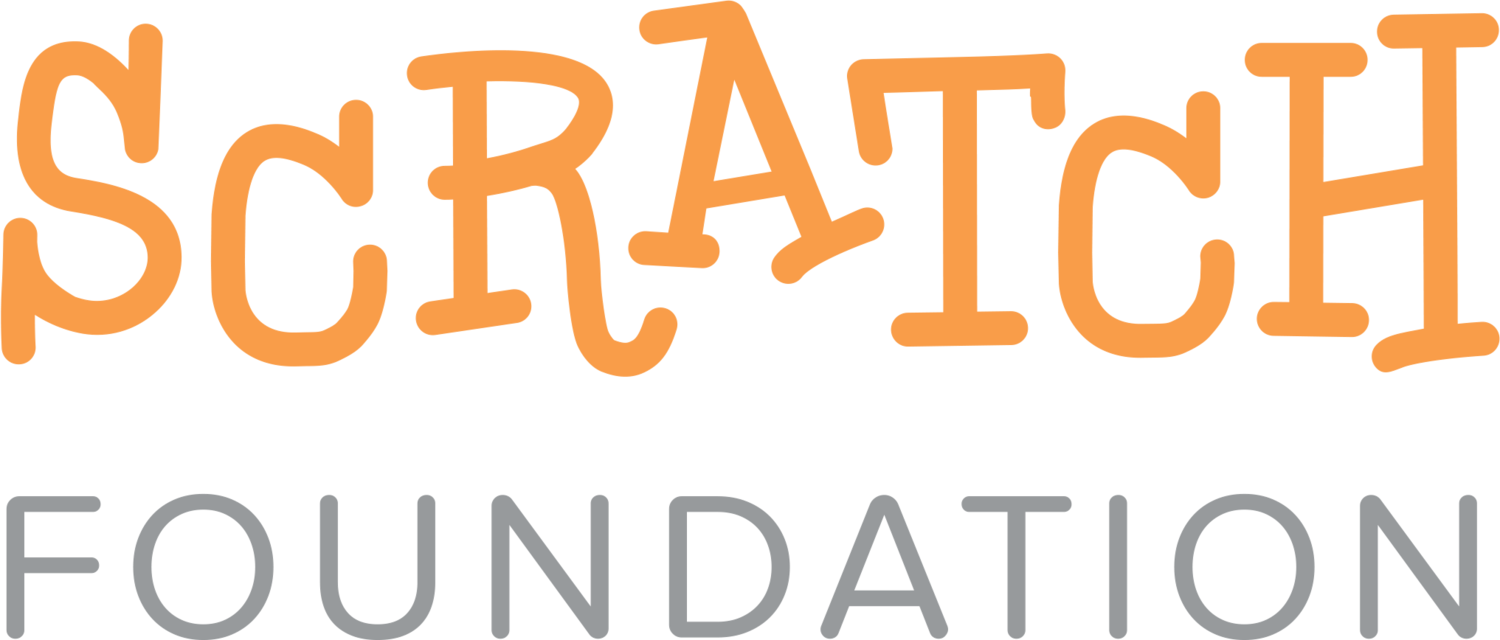The Scratch Foundation
For Immediate Release
March 20, 2023
The Scratch Foundation Launches Coding Studio For Kids to Celebrate World Wildlife Fund's Earth Hour
The Scratch studio collaboration, created in partnership with EPAM, will encourage kids to create coding projects that share how they can make a positive impact for our planet in 60 minutes
March 20, 2023 - Boston, MA - The Scratch Foundation—a global nonprofit dedicated to providing young people with digital tools and opportunities to imagine, create, share, and learn—launched a coding studio today in support of World Wildlife Fund’s (WWF) Earth Hour. The coding studio—hosted on Scratch, the largest online coding community in the world available for free—will celebrate Earth Hour 2023. This collaboration—created in partnership with EPAM Systems, Inc., a leading digital transformation services and product engineering company—will invite millions of kids to learn about Earth Hour, create digital projects about it, and to participate in the official Earth Hour event on March 25th.
Earth Hour, a yearly celebration started by WWF in 2007, invites everyone in the world to spend 60 minutes doing something positive for our planet: from picking up trash at a park, to planting a tree, or even getting your friends together for an Earth Hour event. This year, WWF is joining forces with Scratch to engage kids creatively and share digital projects with the Scratch community using the Earth Hour studio. A studio on Scratch is like a collaborative online gallery: it’s a collection of projects based on a certain theme. Any user will be able to add their project to the Earth Hour studio and see, comment on, and remix what others around the world have created.
By collaborating with Scratch, which crossed 100 million registered users last year and is available in more than 70 languages, the impact of Earth Hour will reach new generations. The Earth Hour studio will help kids to start conversations about the planet, learn from each other's work, and practice their creativity skills. In the studio, kids are encouraged to create digital projects using code, such as: a virtual card to invite others to join Earth Hour, a game about protecting the Earth, or an animation about recycling.
WWF titled this year’s Earth Hour as “The Biggest Hour for Earth,” to stress the importance of acting with urgency. It also released a new long-term, seven-year strategy, to engage individuals, businesses, communities, towns and cities, and entire nations to join in with Earth Hour to create the “Biggest Hour for Earth.”
“It’s important to engage young people early on with topics they’re passionate about, including the role they can each play in taking care of our planet, and Earth Hour is a great way to get involved,” said Mindee Barham, Co-Executive Director at the Scratch Foundation. “Scratch has always provided a space for kids to develop their passions, discover new topics, and learn from each other. We’re so excited to launch this coding studio collaboration with WWF and EPAM and engage millions of kids on such an important topic.”
“As longtime supporters of the Scratch Foundation, we’re excited to further our shared passion for technology and engage children worldwide in creative coding,” said Shamilka Samarasinha, Head of Corporate Social Responsibility at EPAM. “This studio collaboration is a unique opportunity for kids to interact with technology while learning more about the importance of protecting our environment.”
The studio will be available on the Scratch platform starting March 20th. To follow the conversation on social media, use the hashtag #BiggestHourForEarth.
Link to studio: https://scratch.mit.edu/studios/33058450
The Scratch Foundation
The Scratch Foundation is a non-profit dedicated to providing young people with digital tools and opportunities to imagine, create, share, and learn. Through innovation and collaboration, the Scratch Foundation spreads creative, caring, collaborative, equitable approaches to coding and learning around the world. Scratch, the world’s largest coding community for children, was originally developed by the Lifelong Kindergarten Group at the MIT Media Lab and publicly launched in 2007. The platform provides millions of young people from all backgrounds with the opportunity to develop their voices and express themselves by creating their own stories, games, and animations.
Press Contacts
Carlos Diaz Barriga
Director of Marketing and Communications
carlos@scratch.mit.edu
Annie Whitehouse
Communications Content Manager
press@scratch.mit.edu
